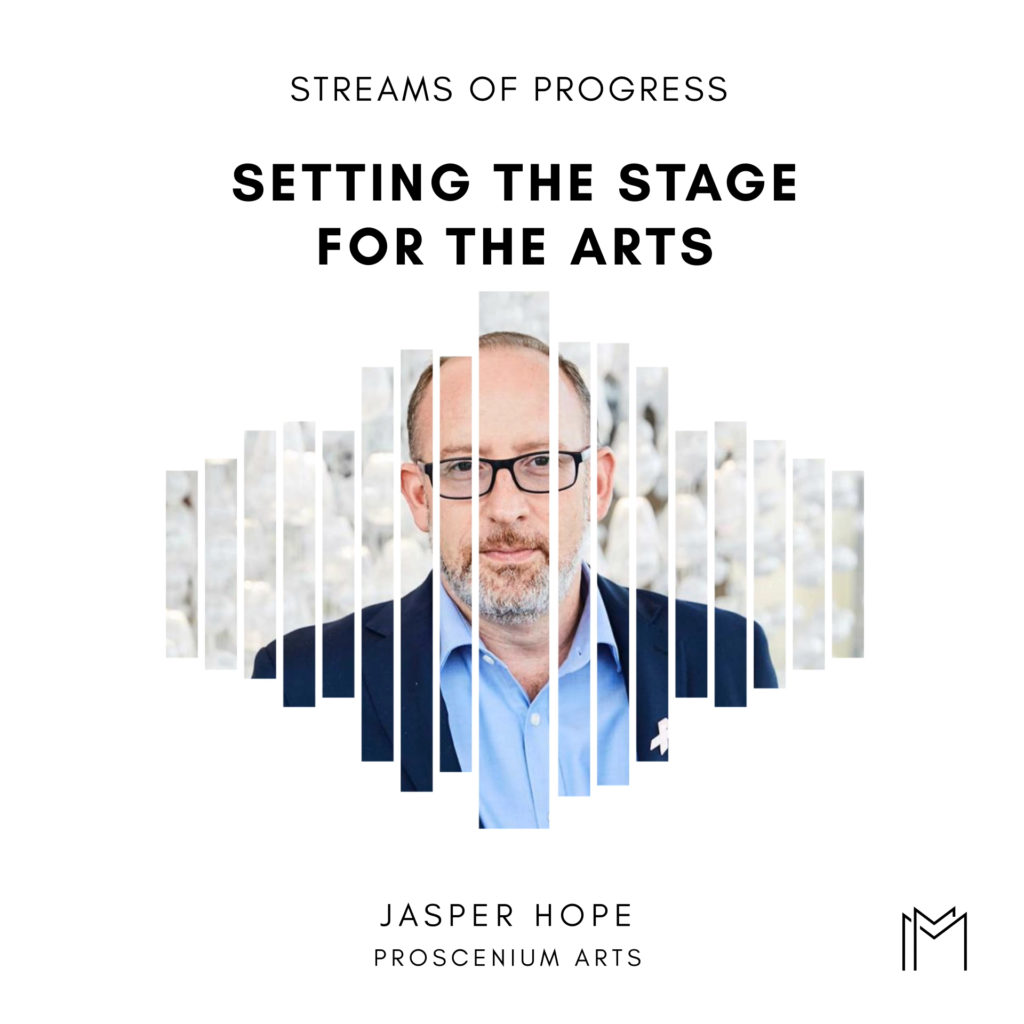“The knowledge production of farmers is never considered. Farmers are not considered intellectuals although they are intellectuals. Because they are not just growing potatoes, they are growing ideas, they are growing methods, they are growing theories of the things they do.”
~Asunción Molinos Gordo
Asunción Molinos Gordo is a research-based artist strongly influenced by disciplines such as anthropology, sociology and cultural studies. In her practice she questions the categories that define ‘innovation’ in mainstream discourses today, working to generate a less urban-centric way of understanding progress.
Her latest work, In Transit: Botany of a Journey, is on display at the Jameel Arts Centre’s Artist’s Garden until May 2020. It consists of a garden grown from seeds that have travelled in the intestines of people that either live in or visit the city of Dubai. Most of the seeds we eat in our daily meals pass unnoticed and survive the process of human digestion, leaving our bodies undamaged and remaining germinable. Dubai as a global city and the business hub of the Middle East receives an average of 90 million travellers a year, coming from 270 destinations, across six continents. The culinary habits of such a heterogeneous population is incomparable; all of the seeds ingested by Dubai’s fluid and transient population make their way to the same location — the city’s main sewage treatment plant in Al-Aweer. If given the appropriate conditions, the seeds contained in the plant’s final, clean ‘sludge’ will germinate and grow into adult plants.
Her Artist’s Garden is grown from the seeds that survive the intestinal journey. The project highlights ideas around globality, interconnectivity, mobility and cohabitation, and challenges the nature-culture divide that places human activity as a separate category from other natural phenomena; through the artist’s long-term research and the germination of the seeds, she redraws a way back to human/nature interconnectedness.
The main focus of her work is contemporary peasantry. Her understating of the figure of the small or medium farmer is not merely as food producer but as cultural agent, responsible for both perpetuating traditional knowledge and for generating new expertise. She employs installation, photography, video, sound and other media to examine the rural realm driven by a strong desire to understand the value and complexity of its cultural production, as well as the burdens that keep it invisible and marginalised.
She has produced work reflecting on land usage, nomad architecture, farmers’ strikes, bureaucracy on territory, transformation of rural labour, biotechnology and global food trade.
Asunción Molinos Gordo won the Sharjah Biennial Prize 2015 with her project WAM (World Agriculture Museum) and represented Spain official section at the 13th Havana Biennial 2019, which we spoke about with her in brief during the conversation. Her further work has been exhibited at venues including V&A Museum (London), Delfina Foundation (London), ARNOLFINI (Bristol), The Townhouse Gallery (Cairo), Darat Al Funun (Amman), Tranzit (Prague), ART BASEL Miami Beach (US), Cappadox Festival (Uchisar-Turkey), The Finnish Museum of Photography (Helsinki), Museo Carrillo Gil (Mexico), MAZ Museo de Arte de Zapopan (Mexico), MUSAC (León, Spain), CA2M (Madrid, Spain), CAB de Burgos (Spain), Matadero (Madrid, Spain) and La Casa Encendida (Madrid, Spain), among others.
She obtained her B.F.A. from the Universidad Complutense de Madrid, where she also pursued her Master in Contemporary Art Theory and Practice. She is currently studying Anthropology and Ethnography at UNED (Spain).
Asunción Molinos Gordo is represented by Travesia Cuatro gallery and lives between Spain and Egypt.
Enjoy the show!
Posted on February 15, 2020
Show Notes:
-
01:15 – Growing up in a small rural village in Spain.
-
01:45 – What is International Peasantry?
-
3:45 – Communication without language, but through commonalities.
-
4:15 – Her background in fine arts
-
5:00 – The diversity of professions in small rural villages
-
5:45 – Moving to Egypt for a research residency.
-
6:30 – The rural theme she explores in her works.
-
7:15 – The ongoing research and artworks.
-
8:30 – Being part of the Sharjah Bienniale with her work, the World Agriculture Museum
-
10:45 – On representing Spain at the Havana Biennale, campesino campesino (from Peasant to Peasant)
-
13:30 – The knowledge sharing aspect of the project.
-
14:30 – Taking part in the V&A exhibition, “food bigger than the plate”.
-
16:15 – Crafting the CVs of farmers through hyperboles.
-
18:00 – In Transit: Botany of a Journey
-
22:30 – On working with collaborators to bring her idea to life: Dawn Ross and Nadine
-
23:45 – What they did with 2 cubic meters of fecal matter to grow a garden.
-
28:15 – Bacteria & the Star Wars Cantina.
-
29:30 – The reason why the first batch is not recommended / suitable for human consumption.
-
31:00 – Why the UAE is an ideal location for such an art installation project.
-
32:15 – Being inspired by the works of Timothy Morton.
-
35:30 – The way she learns about things is through hands-on experiences.
-
36:20 – “Each individual renders information differently”
-
37:30 – The things she has the tendency to do.
-
40:00 – The idea of nature-culture divide; interdependence and mutual recognition
-
44:30 – Documenting Darwin’s Nightmare.
-
48:15 – Companion planting in the terrace garden.



